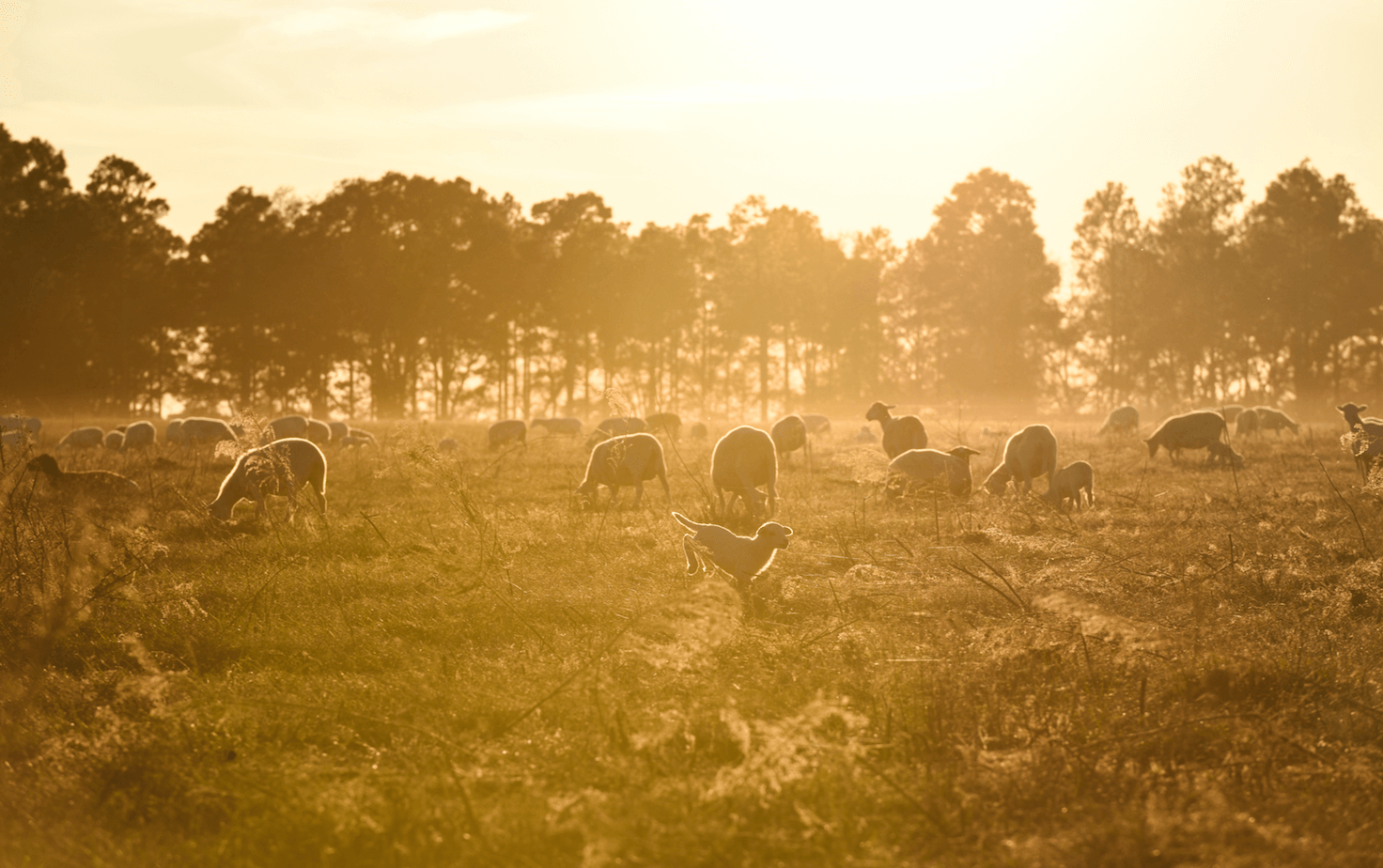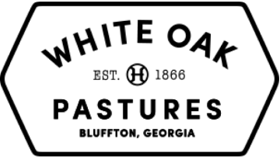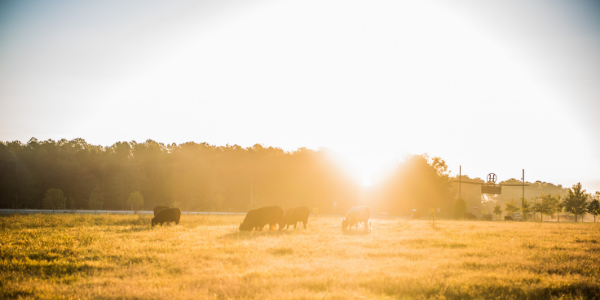
We recently had a young person visit us on the farm who was eager to learn about what we do. She admitted up front that she had never spent any time on a farm. But she had done a great deal of studying about regenerative agriculture, animal welfare, and the impoverishment of rural communities.
I was very impressed with what she had learned:
- She knew things like microbes ingest minerals from the soil and give them to plants.
- She knew that predators move ruminants across the landscape so that they don't overgraze the plants.
- She knew plants pull greenhouse gases from the atmosphere and sequester them in the soil, making the soil and air better.
- And she knew that rural agronomic economies were dependent upon farms.
I can go on and on about the many other things that she had learned, and her facts were right on target.
However, when she tried to put these facts into context, her understanding of the systems was tragically wrong. This young person somehow believed that all of these symbiotic functions of nature stem from one species being placed here to consciously serve another species. Just like so many people, she saw natural systems through a Walt Disney lens.
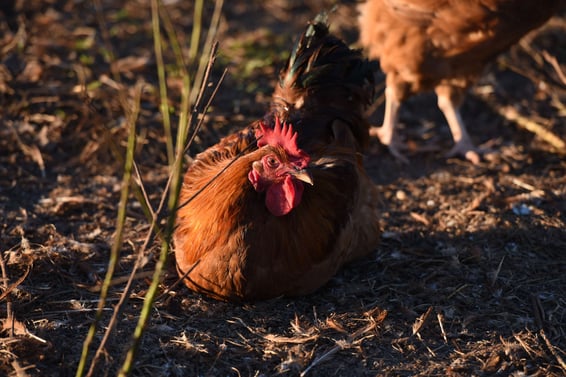
Most folks don’t know the difference between complicated and complex things.
Complicated things have a lot of moving parts to them. This is your phone, computers, a factory, etc. If one part breaks, the whole thing stops working. But if you fix the part that breaks, the thing starts working again.
Complex things are like a cattle herd, or your body, a farm, or any ecosystem. They have lots of different parts too, but the difference is that they’ve got resiliency. If one part stops working, the other parts adapt. And sometimes, if you mess with one part, you will find you caused unintended consequences somewhere else.
If you have a reductionist worldview, you think you can simplify a system into distinct, calculated elements. This may work for a computer, where you can change out each component separately, and the whole mechanism should still work.
But industrial folks have been applying a reductionist, “complicated” worldview to agriculture for decades. This has led to a linear, extractive production model. It is a simplistic outlook that sees Mother Nature as an input/output system.
This is not the case. In a complex system, if you think you can mess with just one part, reductionist thinking breaks down. Problems arise when you apply linear thinking to complex systems.
As the John Muir quote goes, "When we try to pick out anything by itself, we find it hitched to everything else in the Universe.”
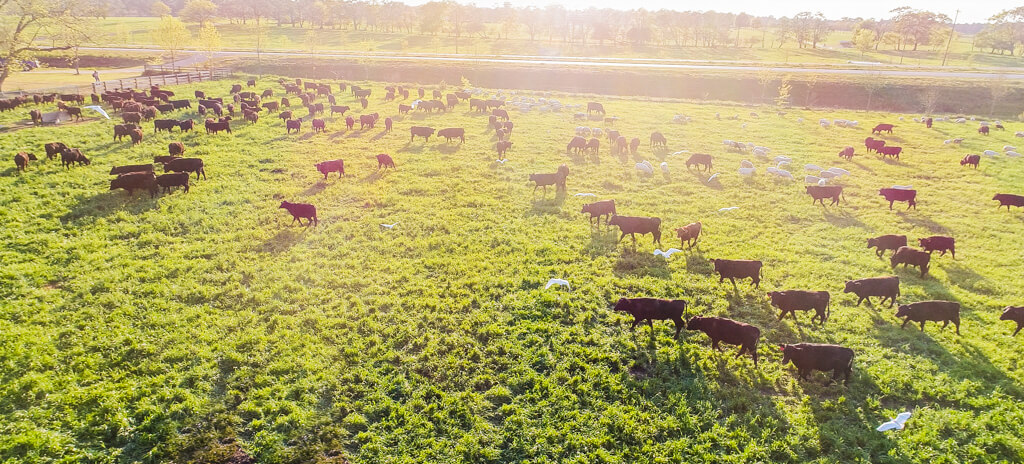
In reality, no function of nature is done for the benefit of another species. All functions are done in beneficial self service. Animals don’t love each other. They don’t keep each other warm. They do nothing for each other, it is all for themselves.
- Ruminant grazing improves the health of a perennial plant, but the ruminants do it because they are meant to eat plants.
- Microbes provide minerals to plants through a chemical exchange, because the microbe wants that energy. They don't do it to mineralize the plant.
- Plants pull greenhouse gases from the atmosphere, and this helps to mitigate climate change. But this is only a helpful side effect. Through photosynthesis, the plant imports the greenhouse gases in to make the sugar necessary to sustain itself.
- Predators move ruminants across the landscape, and this movement optimizes animal impact on the land. But this ongoing movement is done because the predators are slowly chasing the herd.
- Predators keep herds genetically strong, but it is not their goal. They are looking for supper.
Too much Walt Disney results in a tragic loss of appreciation for this godly natural system. Mother Nature is complex. When all of the elements are in balance, expressing their natural instincts, there is a cycle of natural abundance.
These are the beautiful truths of our natural system: Nature is neither kind, nor cruel. But she is beautiful and perfect.
